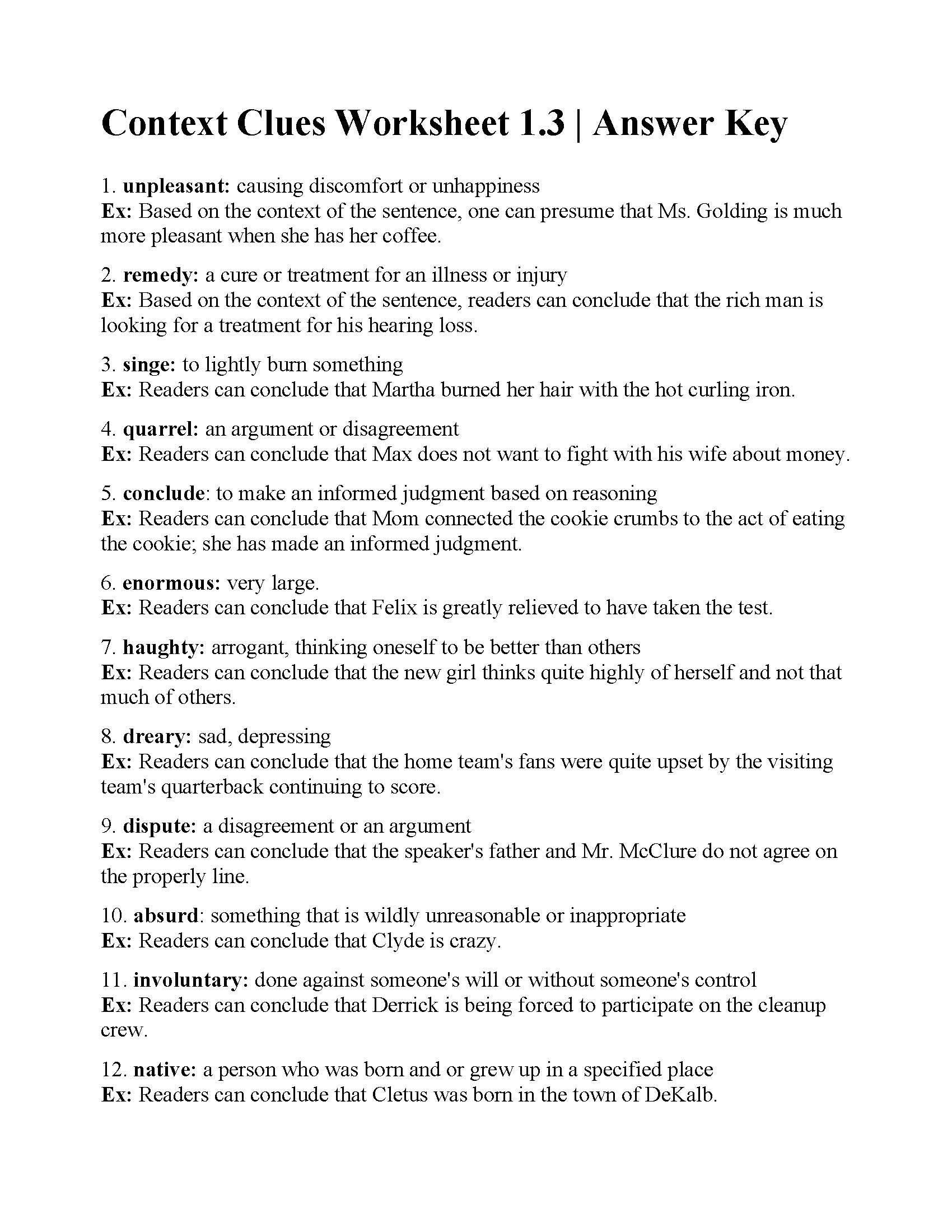IHP 420 Ethical Theories Explained

Ethical Theories: A Comprehensive Guide
Ethics is a branch of philosophy that deals with moral principles and values that guide human behavior. It is concerned with what is right and wrong, good and bad, and how individuals and societies should act in various situations. In this article, we will explore some of the most influential ethical theories, their key principles, and how they apply to real-world scenarios.
1. Consequentialism
Consequentialism is a moral philosophy that argues that the rightness or wrongness of an action is determined by its consequences. This theory is often associated with the idea of “the ends justify the means.” According to consequentialism, an action is morally right if it leads to the best possible outcome, even if the action itself is morally questionable.
Key Principles:
- The morality of an action is determined by its consequences.
- The right action is the one that maximizes overall well-being or happiness.
Example: A doctor is faced with a decision to save one patient or several patients. A consequentialist would argue that the doctor should prioritize saving the greater number of patients, even if it means sacrificing one patient.
2. Deontology
Deontology is a moral philosophy that emphasizes the importance of duty, rules, and obligations. According to deontology, certain actions are inherently right or wrong, regardless of their consequences. This theory is often associated with the idea of “absolute moral rules.”
Key Principles:
- Certain actions are inherently right or wrong, regardless of their consequences.
- Moral rules and duties should be followed regardless of the outcome.
Example: A deontologist would argue that it is always wrong to lie, even if telling the truth would lead to harm or negative consequences.
3. Virtue Ethics
Virtue ethics is a moral philosophy that emphasizes the development of character traits and virtues. According to this theory, individuals should strive to become virtuous people, and this will guide their actions and decisions.
Key Principles:
- The development of character traits and virtues is essential for moral behavior.
- Virtuous individuals will act morally, regardless of the consequences.
Example: A virtue ethicist would argue that a person with the virtue of compassion would naturally act with kindness and empathy towards others.
4. Care Ethics
Care ethics is a moral philosophy that emphasizes the importance of care and compassion in human relationships. According to this theory, moral behavior is characterized by empathy, care, and a commitment to the well-being of others.
Key Principles:
- Care and compassion are essential components of moral behavior.
- Moral actions prioritize the well-being and needs of others.
Example: A care ethicist would argue that a healthcare provider has a moral obligation to prioritize the care and well-being of their patients.
5. Existentialism
Existentialism is a moral philosophy that emphasizes individual freedom and choice. According to this theory, individuals must take responsibility for their actions and create their own meaning in life.
Key Principles:
- Individuals have complete freedom to choose their actions and create their own meaning.
- Moral behavior is characterized by authenticity and responsibility.
Example: An existentialist would argue that individuals must take responsibility for their actions and create their own moral code, rather than relying on external authorities or rules.
👉 Note: These theories are not mutually exclusive, and many philosophers and individuals draw on elements from multiple theories to inform their moral perspectives.
Comparison of Ethical Theories

| Theory | Key Principles | Example |
|---|---|---|
| Consequentialism | Morality is determined by consequences, prioritize overall well-being | Save the greater number of patients |
| Deontology | Absolute moral rules, prioritize duty and obligations | Always tell the truth |
| Virtue Ethics | Develop character traits and virtues, prioritize moral character | Act with compassion and empathy |
| Care Ethics | Prioritize care and compassion, emphasize empathy and well-being | Prioritize patient care |
| Existentialism | Individual freedom and choice, prioritize authenticity and responsibility | Create own moral code |
Applications of Ethical Theories
Ethical theories have numerous applications in various fields, including:
- Business Ethics: Companies must consider the moral implications of their actions and decisions, such as prioritizing profits over people or the environment.
- Medical Ethics: Healthcare providers must navigate complex moral dilemmas, such as end-of-life care or genetic testing.
- Environmental Ethics: Individuals and societies must consider the moral implications of their actions on the environment and future generations.
Real-World Scenarios
- Trolley Problem: A classic thought experiment that challenges consequentialism and deontology. A runaway trolley is headed towards a group of people, and you can divert it onto a side track, but this would kill one person. What is the morally right action?
- Organ Donation: A care ethicist would prioritize the well-being of the recipient, while a deontologist might argue that the donor’s autonomy and consent are paramount.
- Climate Change: An existentialist might argue that individuals must take responsibility for their actions and create their own moral code regarding environmental sustainability.
👉 Note: These scenarios illustrate the complexity of moral decision-making and the need for careful consideration of different ethical theories.
In conclusion, ethical theories provide a framework for understanding and navigating complex moral dilemmas. By exploring the key principles and applications of consequentialism, deontology, virtue ethics, care ethics, and existentialism, we can develop a deeper understanding of the moral dimensions of human behavior and decision-making.
What is the main difference between consequentialism and deontology?
+Consequentialism argues that the morality of an action is determined by its consequences, while deontology emphasizes the importance of absolute moral rules and duties, regardless of the consequences.
What is the role of care ethics in medical decision-making?
+Care ethics prioritizes the well-being and needs of patients, emphasizing empathy, compassion, and a commitment to care. This approach can guide healthcare providers in navigating complex medical decisions.
How does existentialism influence individual moral decision-making?
+Existentialism emphasizes individual freedom and choice, encouraging individuals to take responsibility for their actions and create their own moral code. This approach prioritizes authenticity and responsibility in moral decision-making.



